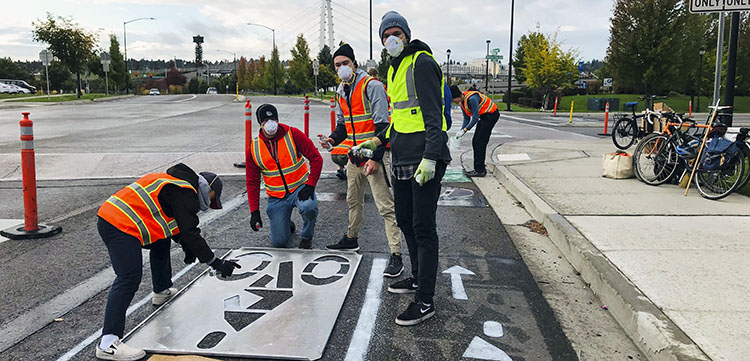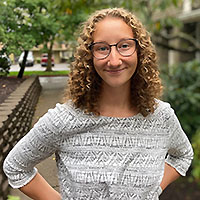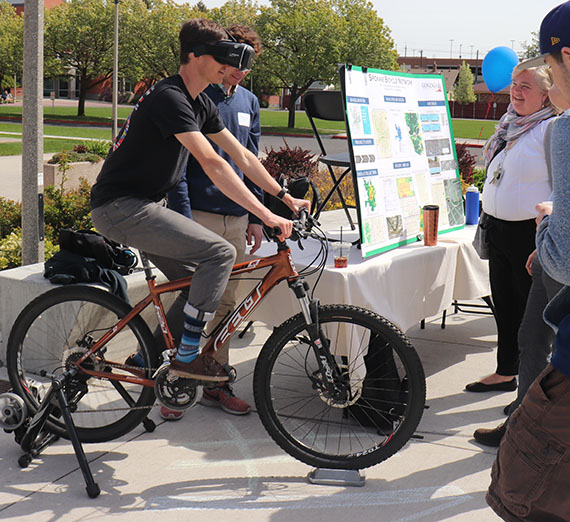Your Transportation Engineering Faculty


As a Gonzaga transportation engineering student, you might:
You'll learn to plan, design, and operate systems to promote the safe and efficient movement of people and goods. You'll also learn to consider the environmental and social implications of your systems by learning the theory behind how the systems work, the current state of the practice for the profession, and adapting our transportation system to meet the needs of a rapidly-changing world.

“I'm working to achieve my Master's in traffic and transportation engineering to broaden my knowledge of user behavior and safety to improve our transportation system and infrastructure for all users. Gonzaga's exceptional faculty and study abroad opportunities inspired me to pursue a higher degree and prepared me to excel in other educational and professional settings.”
Applications within the transportation engineering profession include:

The subdiscipline requires knowledge of geomatics, traffic flow theory, geometric design, statistics, sociology and urban planning, and working with big data. Some of these subjects are in the standard civil engineering coursework. Others are specific technical electives for your senior year. The Civil Engineering major section of the Catalog marks these technical electives with a "T."
